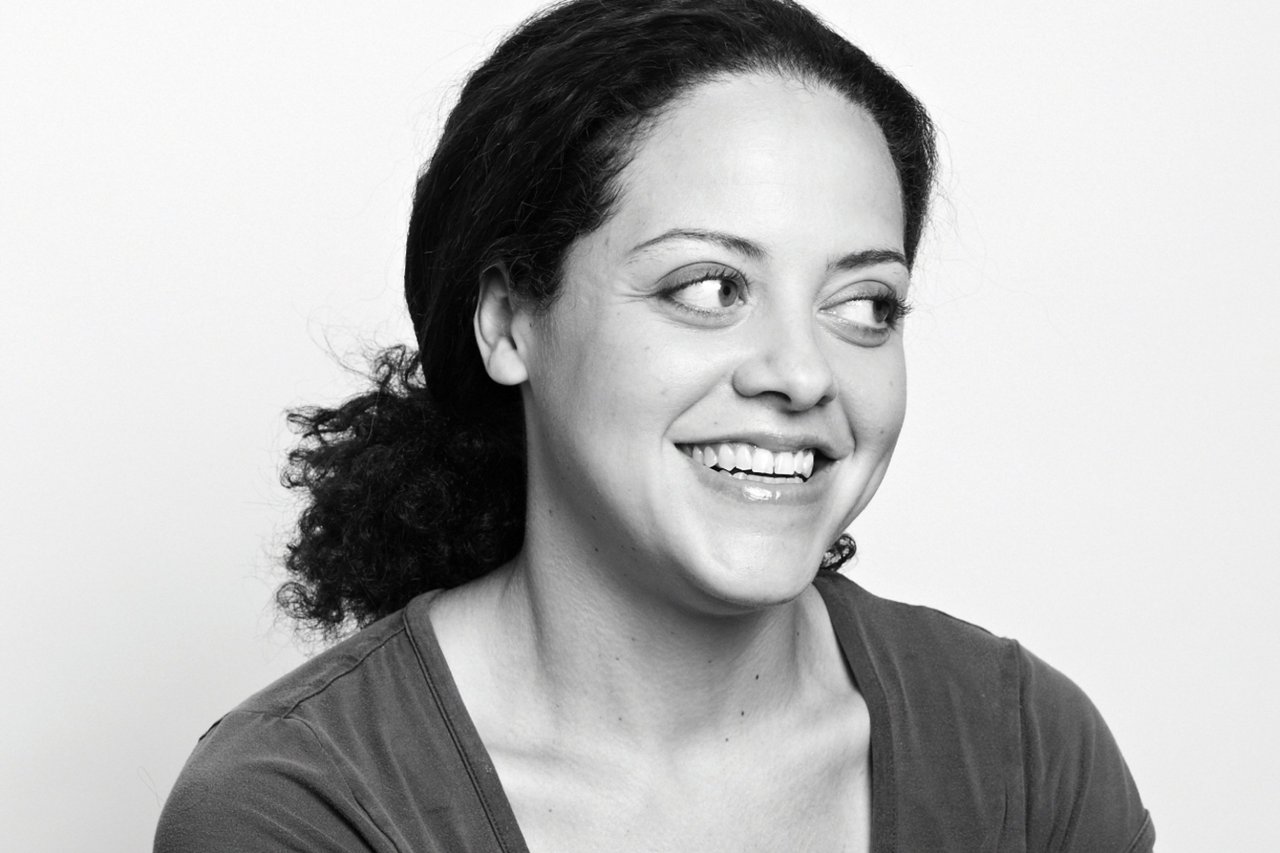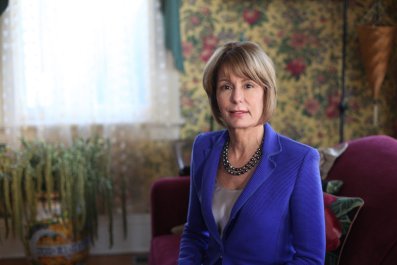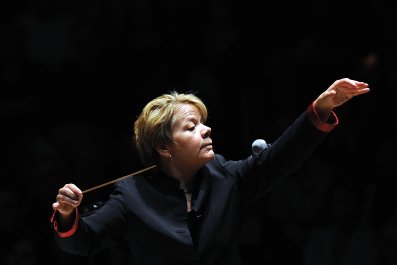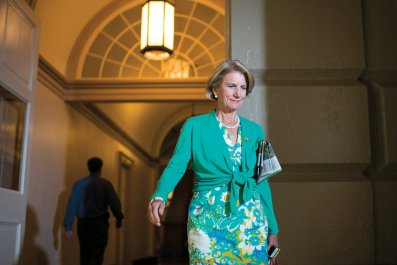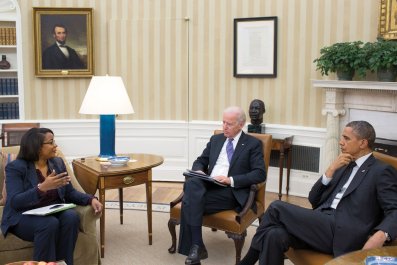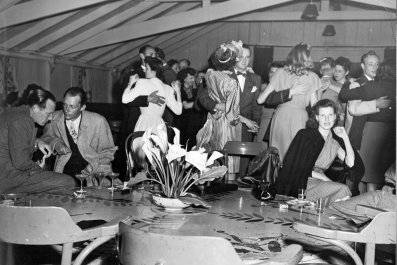When Anna Holmes announced her resignation from her role as founder and editor in chief of the popular women's site Jezebel in 2010, she wrote that she'd be spending her time "strategizing for some sort of overly ambitious, lady-centric world takeover and figuring out what I want to be when I grow up." After a couple years of freelancing everywhere from The Washington Post to Time (and even Newsweek), a very grown-up-looking gig has come along: she's just been named one of 10 columnists for Bookends, a new feature in The New York Times Book Review, a very grown-up place. In the Internet age, when GIF-laden listicles get more clicks than thoughtful essays do, Holmes has been able to leverage her online popularity into a position with gravitas. Is this nontraditional ascent a new model for writers and editors in the 21st century?
When asked, Holmes says she doesn't believe she has hit the capstone of her career. "I still feel at times like I'm a high school senior trying to figure out what I'm going to pick as my major as a freshman in college—for better or for worse. I'd rather have uncertainty than certainty, in some respects," she tells Newsweek. At age 40, she says, she feels much more "self-doubt and existential angst" about her craft than she did in her 20s. But considering the success she's seen, this has been a productive kind of anxiety.
Holmes founded Jezebel (a name she didn't pick and initially didn't like for its too-obvious biblical reference to painted women) as a feminine space for Gawker readers, revamping the standards of women's glossies for a more skeptical Internet audience. As the site's tagline says: "Jezebel—Celebrity, Sex, Fashion for Women. Without Airbrushing." With its expletive-peppered critiques of public figures and pop culture, the tone is "pithy yet degenerate," as Woody Allen describes Diane Keaton's conversation in Manhattan. It serves as a great primer on contemporary women's issues for budding feminists. Critics see it as an outrage machine; fans think of it as a vigilant watchdog. Either way, there's no denying Jezebel's clickability: according to Quantcast, the site garners 7 million unique visitors per month, many of whom return daily to engage in its active community of commenters.
In the women's magazines where Holmes got her start, the traditional career trajectory involved (and still involves) starting small at a big title and gradually growing over time through promotions within or outside the publication. Holmes's trajectory, however, progressed from small fish, big pond at the magazines to big fish, small pond at Jezebel and now big fish, big pond in the wider world of freelance writing and editing.
"I was very afraid when the site started," she says, because she would be attacking some of the same women's magazines she had previously worked for "very directly and in a very intense, sustained way," and so, she notes dryly, she knew she "was never going to ever work for them again."
That it worked is a sign of Holmes's industriousness, but it's also indicative of the Internet's impact on journalism. Now working at a traditional mainstream media organization is no more valuable than working at a fringe publication—and if you have a big enough and smart enough voice, the latter can even give you even more of a boost. Asked if she could have reached her current status without Jezebel, Holmes replied: "Oh, no. Of course not. No, no, no, no, no." Before the launch of the site, she added, "I felt that I had to sell myself much more aggressively than I did after."
The column is, of course, not a full-time gig, and Holmes will be spending much of the next few months promoting The Book of Jezebel: An Illustrated Encyclopedia of Lady Things, which she's been editing since she left Gawker Media and which is already picking up steam on Amazon, over a month before its October 22 publication date. She applied her usual rigor to the process: "At one point I just read a dictionary to make sure I wasn't missing certain concepts or words."
Now that the marathon of editing a book is nearly over, Holmes is looking to next steps and is even open to a radical change in her career. "I wanted to have the book done and have it come out, and then I figured I would decide what I was going to 'do' with my life," she says, laughing. "So I'll be making that decision in the next couple of months."



